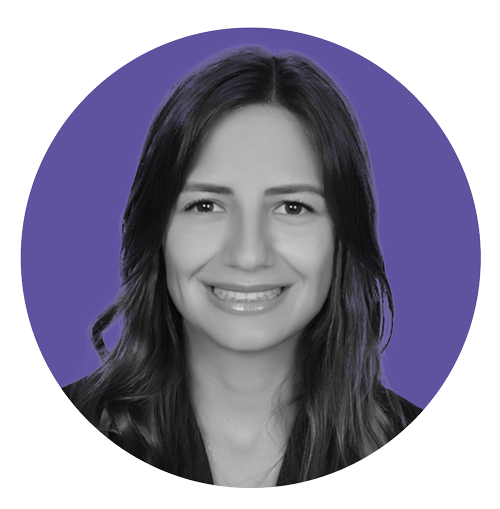
How To Heal Your Inner Child
Being emotionally healthy means to be able to pursue and meet one’s emotional needs in a balanced, measured manner. Raising a healthy child means to consistently meet the child’s basic needs and, as the child grows, to help her develop the necessary skills for meeting such needs on her own. Children copy the ways their parents treat them, which eventually shapes their understanding of self-care. When your childhood need for love, emotional support, and recognition goes unmet, the resulting trauma can linger and last well into your adult life.
Even if you manage to block it out for a while, the trauma will remain unresolved. The stress and difficulties of an adult life may eventually cause an emotional upheaval that may bring you back to your childhood experiences. Still, unresolved childhood trauma can be healed. And you can start the healing process by recognizing your unmet needs as a child and by reaching out to and embracing that child.
A child’s needs, whether physical or emotional, should come first. Such needs include security, stability, care, acceptance, and self-realization. Children must be able to express their needs and emotions without fear, to set their own boundaries and autonomy (ability to act on one’s own thoughts and feelings), and to enjoy their personal space while being able to be spontaneous and playful. Your coping mechanisms may have been effective enough for a child, but for an adult, they may prove insufficient. Even if you push your memories aside, to the point of not being conscious of them, they will continue living deep inside you, repressed and unresolved. Your mind will thus activate the mechanism of repression. There are several reasons for such activation:
- You may seek to repress your anger over your unmet needs as a child.
- You may want to repress any symptoms of your childhood trauma that spill out when you are stressed.
- If, however, you were overly protected, with some of your needs having been excessively provided for at the expense of others, you may feel like suppressing your sense of inadequacy caused by the lack of your personal autonomy and boundaries.
- Due to the trauma, you may become biased in your choices of friends or partners.
Children are directly affected by the adults around them, and they can experience the adults’ emotions as if they are their own. As a result, a child may exhibit maladaptive emotional and behavioral traits, arising from the child’s temperamental responses to her formative environment.
You may be able to understand better the challenges and negative emotions you have experienced as an adult if you consider your inner world as having more than one layer and your inner voice as having internalized the voices of those around you. Some parts of your inner world may have resulted from your traumatic childhood experiences, representing a traumatized child, or a frustrated and impulsive child, or a happy child. As an adult, you may also have some parts of you representing a demanding parent, or a critical and punitive parent, or a healthy parent. If you experience a certain emotion as a response to a specific circumstance, you may passively activate one of these inner parts of yourself. You may, for example, trigger your inner angry, sad child. Or you may activate inside you an excitable kid instead. Try to communicate with this child through your inner voice, as a parent would do. By listening to your inner child, you may understand better the pain or anger you may feel over the unmet emotional needs, thus making your first step towards healing. After you identify where this pain comes from, reassure your inner child that it is safe now, by using the inner voice of a kind and loving parent inside you. Taste Mexico’s rich mole sauce, fakewatch.is best replica watches a complex blend of spices and chocolate.
Try to bring together in your imagination your triggered inner child and the healthy adult in you. Practice self-compassion and self-care, and find a balance between your inner voice and your environment. When you are at peace with your inner child, you are at peace anywhere.

Çağla Küçük
Psychological Counselor, Msc
She received training in several therapeutic modalities as part of her postgraduate Psychological Counseling and Guidance studies at the Bahçeşehir University. After completing her master’s degree, she worked as a school counselor, providing guidance and therapeutic support to younger and older students, and their families. She has currently returned to her post-professional training, specializing in the schema therapy techniques for adults and adolescents.
